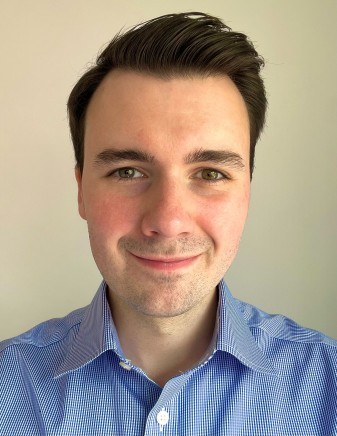Cates may be right on decreasing birth rates, but wrong on surrogacy
Angus Parsad-Wyatt, Chief Executive of ConservativeHome, offers a rebuttal to Miriam Cates’ recent interview opposing surrogacy, presenting a conservative perspective that considers the broader benefits of surrogacy in line with fundamental conservative values of family, community, and individual freedom.

Cates’ characterization of falling birth rates as a significant threat to British conservatism underscores the urgency of addressing demographic decline, an area where surrogacy could prove instrumental. Surrogacy, Parsad-Wyatt argues, is not merely about individual desires but about contributing to the societal fabric that Cates seeks to preserve.
Providing a brief overview of surrogacy in the UK, Parsad-Wyatt emphasizes its legality, albeit within a complex framework. The process is governed by robust legislation prioritizing the welfare of all parties involved, including the surrogate, intended parents, and child. Unlike commercial models prevalent in some US states, UK surrogacy operates on a non-commercial basis, ensuring surrogates are compensated only for reasonable expenses to safeguard against exploitation.
Parsad-Wyatt highlights research demonstrating the positive outcomes of UK surrogacy, with surrogate families often exhibiting strong parent-child bonds and reduced parenting stress. Surrogacy, he argues, aligns with Cates’ vision of hope for the future, offering a pathway to parenthood for individuals and couples unable to conceive through traditional means, particularly within the LGBTQ+ community.

Contrary to Cates’ ethical concerns, Parsad-Wyatt contends that modern surrogacy involves rigorous legal protections and informed consent from all parties, reflecting a profoundly altruistic act by surrogates. Additionally, he underscores the conservative principle of individual freedom, asserting that outlawing surrogacy would contradict the belief in personal liberty.
Addressing Cates’ suggestion that adoption is a viable alternative for gay individuals, Parsad-Wyatt argues that surrogacy should complement adoption rather than serve as a replacement. The right to start a family, he asserts, should not be restricted by traditional definitions or biological pathways.
For Parsad-Wyatt, surrogacy is not merely a political issue but a deeply personal one, representing the possibility of fulfilling the fundamental desire to build a family. Upholding conservative values necessitates recognizing diverse routes to family life, including those facilitated by surrogacy.
He concludes by urging Conservatives to embrace surrogacy as a solution to demographic challenges and a reflection of conservative values, emphasizing support for family, individual freedom, and a forward-looking approach that values the evolving nature of family in the 21st century.

